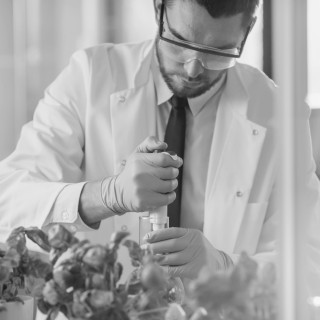
Novel and Traditional Foods: Novel Food Regulation in the EU
European Union
Nov 03, 2020
The ongoing globalization, together with a continuing development of new technologies, has led to the emergence of novel foods seeking to enter the markets. These include exotic food from distant countries, biotechnologically gained products, edible microorganisms, or components containing new types of molecules or nanosized food components.
Safety regulations have been developed by many countries with the major aim to allow only safe novel food on the market.
In order to clearly exclude any known risks that may be associated with various nutrients and their ingredients or residues, and to avoid unknown risks that may potentially accompany novel technologies, the regulations became increasingly differentiated and complex.
The present contribution briefly introduces regulations in different jurisdictions around the world, and analyzes the new European Novel Food Regulation (EU) 2015/2283 in greater detail.
It elucidates the historic evolution of the European regulation by comparing with the previous Regulation (EC) No 258/97 and presents central new aspects aiming of the new regulation to enhance the efficiency of the authorization process and reduce unnecessary trade barriers, while ensuring food safety. Along with the authorization process, the chapter elaborates the risk assessment process and, amongst others, the requirements concerning the assessment of compositional, toxicological, and allergological safety. Beyond this, the simplified notification procedure for traditional foods from third countries with a safe history of use is presented, including the respective requirements for the safety assessment










